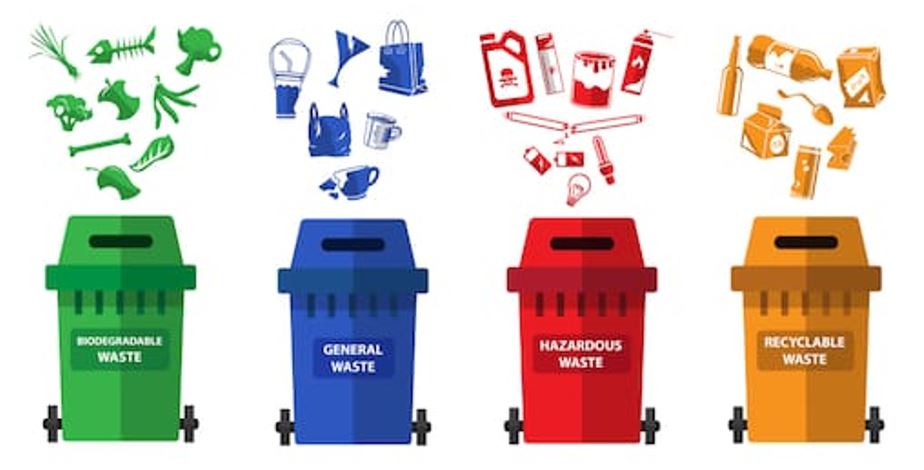Imagine your renovating or rebuilding your home. It is an exciting time for you and your family. Both your spouse and you see the potential of turning your simple house into some gorgeous and beautiful. But what often comes in the way is debris. Yes, that’s right! Every time you construct or change things in your home, there is a huge possibility that debris will pile up. So what should you do? Not go about with your renovations? Absolutely not. In fact, we highly recommend that you read this post. Down below, we have enlisted a few ways to handle rubbish that piles up on construction sites.
What are the different kinds of waste usually seen at construction sites?
Construction, renovation, and demolition could create different kinds of waste. A few common waste types also include timber, rocks, tiles, bricks, soil, asbestos, oil, paint, garden waste, and general household waste like furniture, hazardous chemicals, etc. However, waste like food waste, tyes, tree stumps, gas bottles, tanks, and paint should never be thrown into the bin as they can threaten the safety of others around you.
How should you deal with construction waste?
Responsibly and legally disposing of construction waste is important more than anything. This means that you should be able to take the waste to the site where the services are able to pick it up or you can simply connect with construction waste management services like Jumbo Corp who will help you out! With a very unique approach to waste management, Jumbo Corp makes the collection, processing, transportation, and recycling of any waste material a lot more simple, clean and efficient. Jumbo Corp provides rubbish cage in Melbourne to help you recycle your waste. They are also available in multiple corners across the city so that you can call and connect with them at any time you want.
How is waste sorted by Jumbo Corp?
The answer to this question is multi-faceted. If it is general waste, then it will be sorted out first after which the material will be recycled. If it is clean soil, it will include digging out huge chunks of green, garden, or vegetation waste. Once they are taken to any recycling center, they can be sent for composting. If the waste is concrete, then it can easily be sent for recycling. Then it will be disposed of in a bit and set apart from the rest of the waste.
In fact, it is crucial and important that you dispose of your waste in a responsible and easy manner. Hire the right people who have knowledge and experience in their job, and speak to a dedicated group of experts like us who can help you minimize the waste by simply recycling your material as much as possible. This will not just reduce any harmful impact on the environment but also help you sort out this mess so that you can focus on building your home.













